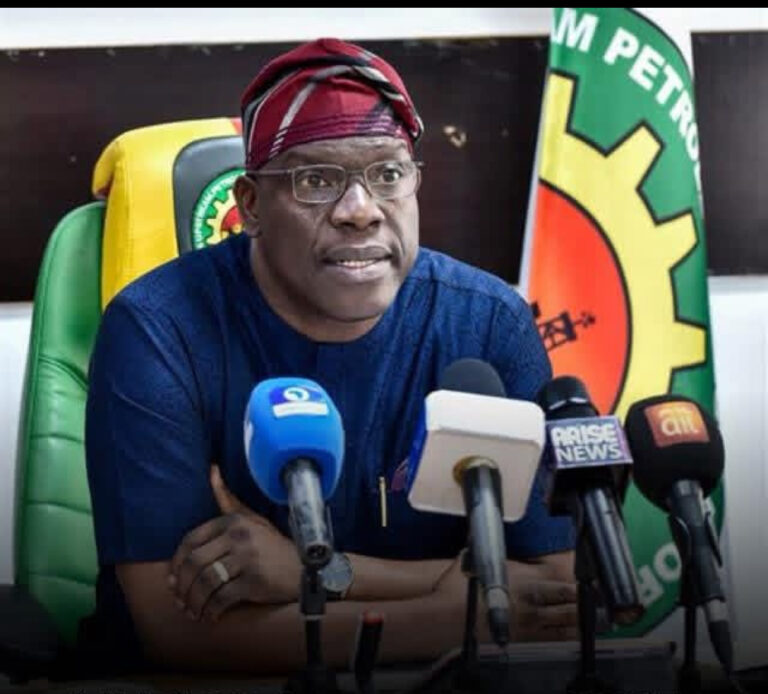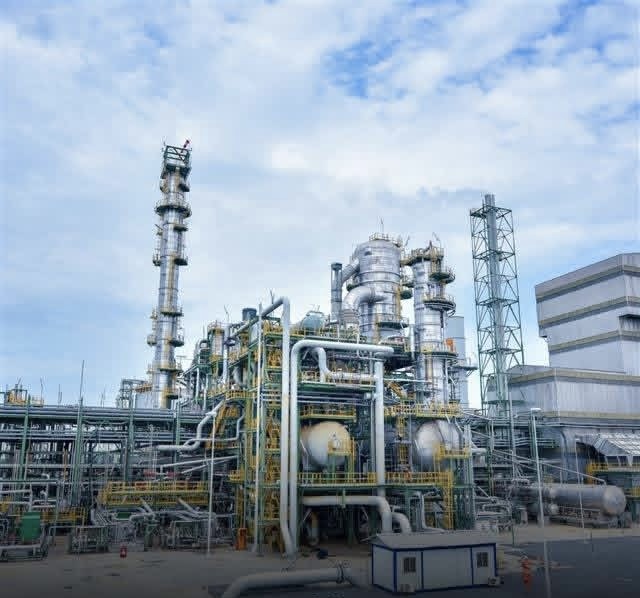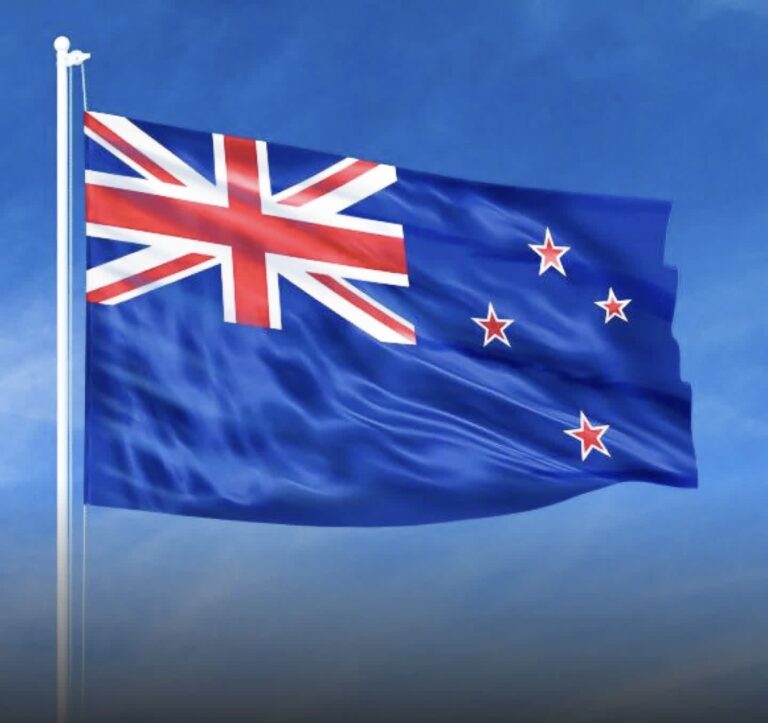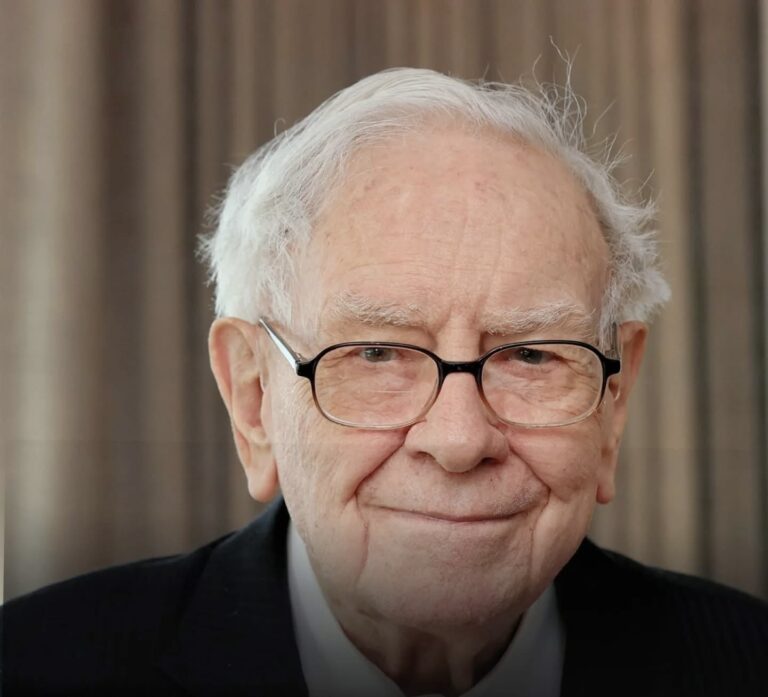Gold staged a strong recovery in the global commodities market on Monday, November 10, 2025, rising sharply back above the $4,100 threshold after recent weeks of volatility. The precious metal advanced by 2.88% on the day, extending those gains into Tuesday’s early trading session, where it hovered around $4,130 per ounce ahead of the London pre-market open on November 11.
The latest upswing has pushed gold’s month-to-date performance above 3%, signaling renewed investor confidence after a late-October pullback. The metal had previously retreated from its record high of $4,355 per ounce, falling below $4,000 and nearly touching $3,900 on October 29, prompting market concerns of a potential broader correction.
Analysts now say the late-October slide represented a “healthy cooling period” following gold’s more than 50% year-to-date rally, which had pushed the commodity into what many described as overbought territory. The correction created what some investors viewed as a buying opportunity.
“After such an aggressive run, the retracement was necessary to reset positioning,” commodities analysts noted, adding that the rebound reflects renewed appetite for safe-haven assets.
Market observers attribute the renewed demand to rising global uncertainty, particularly surrounding U.S. trade tariff negotiations and concerns about slowing global economic growth. These factors have historically driven investors toward gold as a hedge against volatility.
With geopolitical risks still elevated and central banks maintaining cautious monetary stances, traders suggest gold may continue to attract inflows in the near term.













